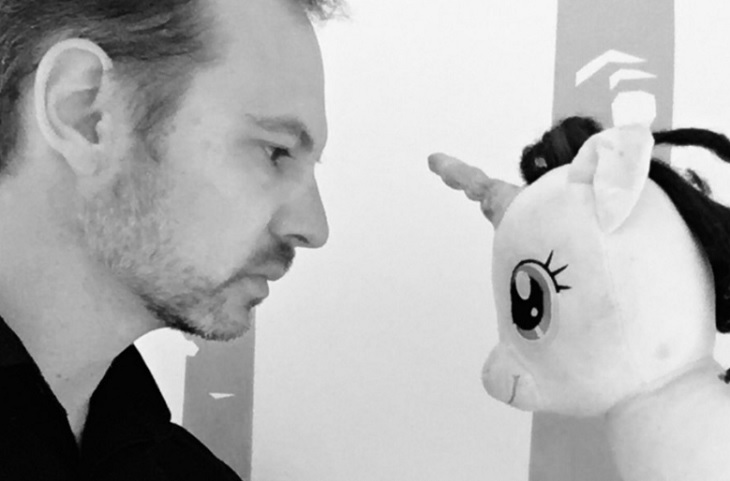With entrepreneurship conference season hitting South Africa, coffee-infused conversations about the lesser-spotted African unicorn are unavoidable, and DNA traces of this mythical beast seem to be present in every startup that is pitching, writes Keet van Zyl of South African VC firm Knife Capital.
While I am all for stretch goals and would love to see some African unicorns in the club, the endless pursuit of unicorn status at the expense of building sustainable companies is not constructive for the ecosystem. Unicorns aren’t real, and neither are the valuation expectations of many local startups that believe they will be worth over US$1 billion within five years. I’d rather back some scalable high-growth gazelles on their path to sustainability or exit!
Unicorns: startups (sometimes without an established performance record), valued at US$1 billion or more, normally pre-public listing (IPO).
Gazelles: Young post-commercialisation phase businesses that are able to scale and maintain a high revenue growth rate off a decent base over a prolonged period. In the US, this is usually well in excess of 20 per cent year-on-year for a period of three to four years or more, starting from a revenue base of at least US$1 million. (My view is that in South Africa this range should be a sustainable year-on-year growth rate of more than 30 per cent for three years or more off a revenue base of at least ZAR5 million (US$350,000).
Zebras have also recently joined the Startup Animal Kingdom with an impact stripe: profitable businesses that solve real, meaningful problems and in the process repair existing social systems.
In the new startup economy government policies aim to promote an ‘enabling environment’; corporates launch preemptive strikes to be the disruptors as opposed to the disruptees; accelerators are mainly accelerating the rate at which new accelerators launch; becoming an angel investor is the new sabbatical and if you are not the founder of something you are mentoring someone. It is hard not to get caught up in the hype!
Entrepreneurship is hard enough in Africa. But one of the the key differentiators of many startups across tech hubs on this continent is that they set out to build sustainable companies that solve real problems. Because they have to. There is simply not enough risk funding available to feed the unicorn monster from too early on until it figures out a business model.
Many investors require proven traction to de-risk investments to some extent (and many of those who don’t, do so after gaining a few battle-scars). Which brings us back to gazelles.
Gazelles also happen to be ‘super job creators’ and create a large share of new net jobs to support their faster growth rates. So to create a lot of jobs [in South Africa], we need to fund gazelles with so-called ‘smart money’, accelerate their growth, and reduce the risk of failure through access to knowledge and market access networks.
This is not about maintaining low expectations to boost happiness levels in African startup ecosystems. It is about accepting the realities of fragmented ecosystems, and working with what we have to achieve the best outcome for all. And leap-frog things from there when unicorn-like gaps inevitably open up.


